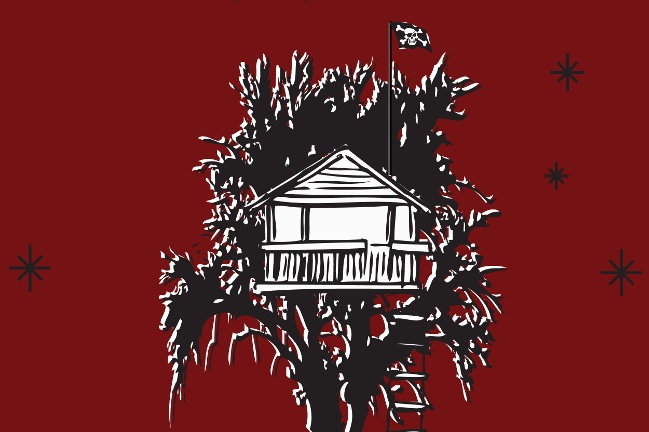It appears that since I’ve last touched on community spaces and their inherent importance, the snowball effect known as gentrification has intensified rendering much of the arts and culture in this city on their toes.
With Spartacus Books (now un-evicted!), VIVO Media Arts, COPE and Gen Why Media all facing the consequence of condo-friendly landlords seeing dollar signs and not the public good, the fight for community venues in Vancouver seems much more like class war.
After a mild bout of paranoia, wondering if I may be a curse, I decided to look into what should happen next, and how to enter this conversation on a positive note. And it’s become clear to me that the entire dialogue around social and community spaces has to be re-framed.
I spoke with Carla Bergman, from The Purple Thistle and an organizer of the Social Spaces Summit in Vancouver last fall, about community spaces in Vancouver. She noted the importance in convergences like the Social Spaces Summit, where various spaces region-wide can come together to serve the need for “sharing ideas, passions, mistakes and victories, and to be inspired.”
She noted that, first and foremost, the fight for community spaces must go deeper and into the struggles for affordable housing and against gentrification and colonization.
Yes, our independent arts spaces are imperative to a thriving alternative to the status quo, but there’s truly no point in saving a hipster music venue if it’s not in line or in solidarity with marginalized communities who are hit the hardest by this displacement, the pro-development policies of the City of Vancouver and the colonial state as a whole.
It became clear from my conversation with Bergman that our struggles around collective spaces must be aligned with the greater struggles against oppression. And our discourse around setting up these spaces must go beyond the spaces themselves and into recognizing the continued theft of the unceded Indigenous land on which they exist.
As to what happens next for social spaces in Vancouver, and perhaps public space as a whole, Bergman was keen about the prospects of opening up our homes and supposed private spaces as facets of communal space. She was avid that we “need to shift or bring radical spaces to our homes and take back public spaces from capitalism,” arguing that re-thinking or re-reframing the dialogue around space in this city (and other cities) begins here.
In a recent article in The Mainlander, Sean Antrim states: “the Downtown Eastside has been an affordable neighbourhood for decades…now that the area has been opened to real-estate speculation, all bets are off, and the large real-estate corporations that have the support of City Hall are pushing out existing small businesses, artist spaces, and non-profits that had their offices in there, not to mention low-income residential tenants.”
Should we sit and wait, as the city’s policies become less subtle and more forceful, expectant of eviction around every turn? Or should we take the opportunity to try forming our own neighbourhood community spaces from the heart of our living rooms? With this in mind, we recognize our ability to rely not on capitalism to provide for us, but on our own unique ability to provide for each other.
Maybe it’s true and things do get worse before they get better and we’re in that period of chaos before the collapse, but we need something for the here and now. And re-framing the conversation on public space and how it is defined is a start.
For information on the next Social Spaces Summit in Vancouver this November 8-11, visit their website to get involved and continue this conversation.
Tania Ehret is a contributing editor with rabble.ca



